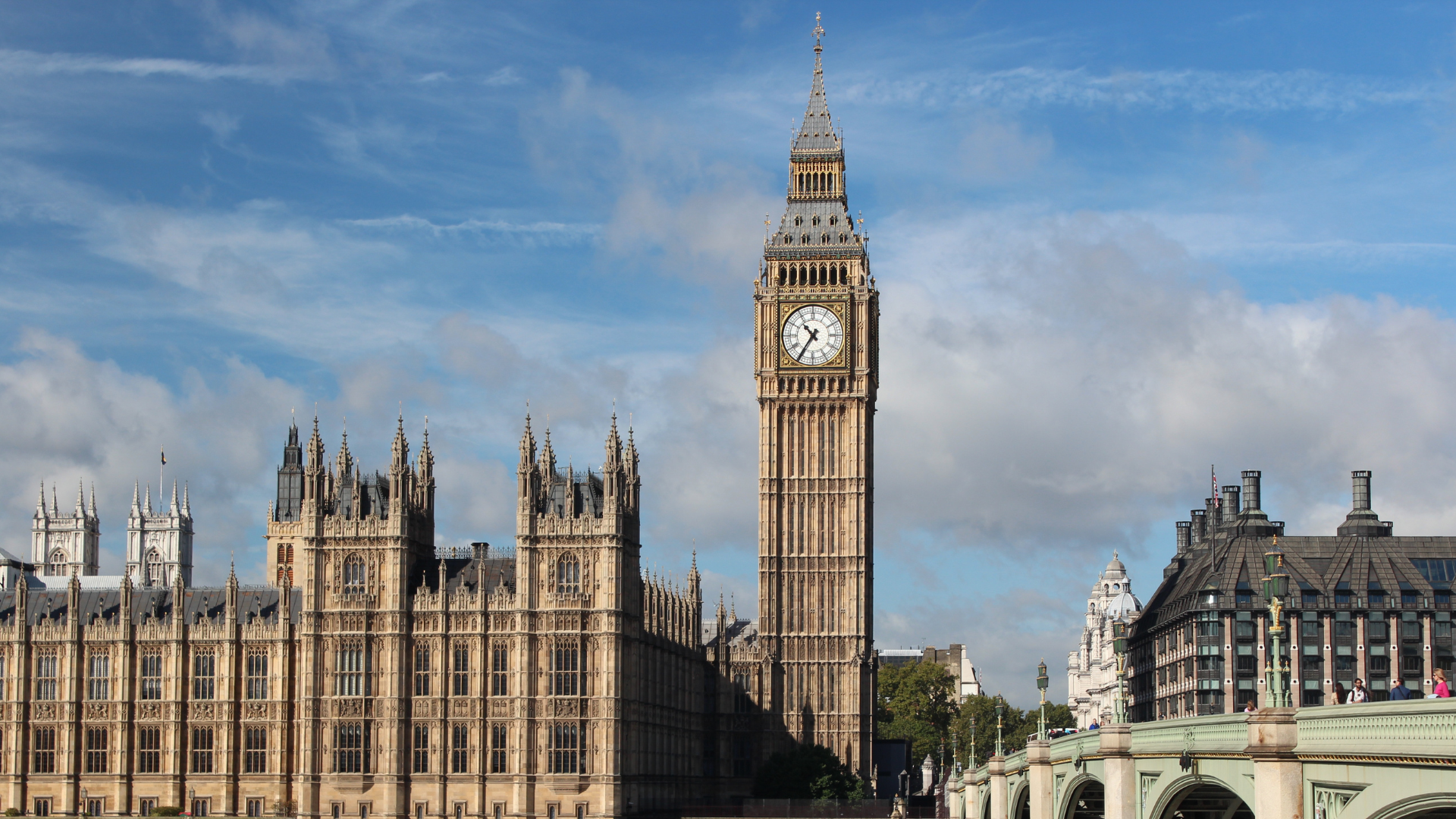The latest Lord Chancellor, Alex Chalk, is the eleventh to take office since 2010 (although two of these are the recently departed Dominic Raab). Back then, the country was run by the so-called ‘Quad’ of David Cameron, George Osborne, Nick Clegg and Danny Alexander. Today, none of these architects of the 2010 to 2015 coalition agreement are in parliament, let alone in government. And while much of their legacy lives on – those in legal services might think especially but not especially fondly of the Legal Aid, Sentencing and Punishment of Offenders Act 2013 – much else has fallen by the wayside.
One unlamented piece of legislation was the Fixed-term Parliaments Act 2011, intended to take away the prerogative of a sitting Prime Minister to pop to the palace whenever he or she wants and trigger a general election. In reality, this could be got around by a two-thirds vote in the House of Commons or, as happened before the most-recent election, the passing of a specific measure, the prosaically titled Early Parliamentary General Election Act 2019.
The Dissolution and Calling of Parliament Act 2022 returned things to the status quo ante, meaning that the current premier, Rishi Sunak, can call an election whenever he wants, albeit up to a maximum of five years since the last contest. With the time taken for the poll to happen, that means the latest date for the next election will be January 2025.
It is commonly accepted he won’t wait this long. For one thing, it smacks of when John Major clung on for as long as he could before his party’s near-wipeout in 1997. For another, no party activist really wants to be campaigning over Christmas. Granted, the last election was held on 12 December, but there were exceptional circumstances behind this.
A reasonable bet is that the next vote will be on 17 or 24 October 2024, with Rishi Sunak seeking permission from the king just after next year’s summer break.
The thinking is that by then the Prime Minister will have succeeded to a greater or lesser extent in his ‘five priorities’, even though the most-recent inflation data, showing the headline rate staying stubbornly in double figures, might give pause for thought. The economic outlook should, however, look better and any tax cuts Chancellor Jeremy Hunt finds room for in his April 2024 budget should have taken effect.
MPs and rival candidates are being selected now on new constituency boundaries that come into effect later this year, which should slightly favour the Conservatives, but although recent polls suggest a tightening between the main two parties, Labour is still odds-on to win a majority, albeit with a hung parliament fast coming up the rails. Next week’s local election results should tell us more.
For most areas of public policy, this means the current parliament is effectively drawing to a close. The new fixed recoverable costs regime for lower-value personal injury claims may be the last significant roll of the dice in civil justice. Introducing an equivalent scheme for clinical negligence claims remains the government’s stated intention, but it is very difficult to see how the necessary consultation processes could take place in time, with April 2024 almost certainly the final opportunity for new civil procedure rules to be introduced.
Major changes that require primary legislation, as was the case with the Civil Liability Act 2018, can pretty much be ruled out. Unless government plans were in its 2019 election manifesto, the ‘Salisbury Convention’ which holds that the House of Lords – where the government does not have a majority – will not overturn decisions made by the House of Commons does not apply. This means a year’s delay, which, when recess dates and purdah periods, when no new legislation or indeed any measures except emergency ones can occur, are taken into account would result in the clock running out.
Looking ahead, the process for drafting new manifestos will have begun, with broad themes set out and bright young or not-so-young things recruited to come up with the words that few will actually read.
Nonetheless, these words matter. They will represent the proposed legislative agenda for the next parliament, and while the chance of a hung parliament might mean messy compromises have to be made, it is these manifestos which will be all parties’ opening gambits in any coalition or supply-and-confidence negotiations.
In civil justice and in particular in personal injury, change has been a constant since the Quad were in charge. A period of calm, with previous measures evaluated, fixed costs reviewed and the impact on consumer outcomes properly understood, would be welcome and might well suit Alex Chalk as he gets his feet under his new desk.
With neither main party in a position to splash the cash, it is an opportunity for industry experts to come together and propose cost-effective, consumer-focussed ideas that can address access to justice concerns, deal with historically high court backlogs and restore confidence that has been much dented in recent times. It’s a discussion ACSO looks forward to leading.
